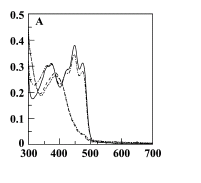Team:Imperial College/Light Inducible
From 2008.igem.org
(Difference between revisions)
m |
|||
| Line 1: | Line 1: | ||
{{Imperial/StartPage2}} | {{Imperial/StartPage2}} | ||
| - | |||
| - | |||
{{Imperial/Box1|Characterization of Light Inducible Expression| | {{Imperial/Box1|Characterization of Light Inducible Expression| | ||
======Aims====== | ======Aims====== | ||
Revision as of 17:38, 28 October 2008
|
|||||||
 "
"

